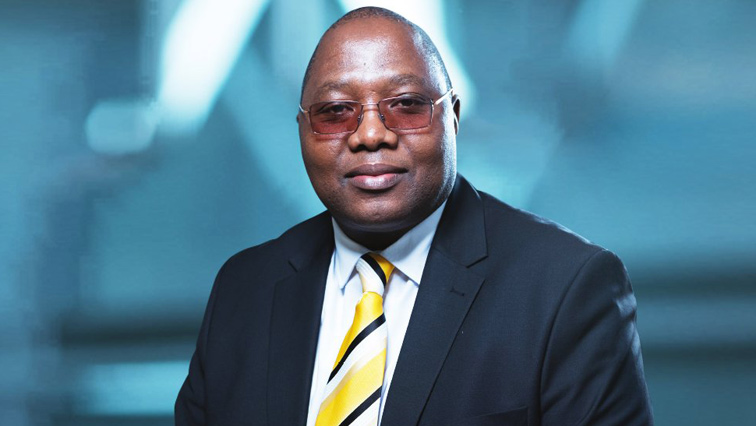Following the current economic challenges facing the Kingdom, Cabinet has decided to implement major interim fiscal decisions to enhance financial prudence and controls so as to spend as little money as possible.
- The Prime Minister, Deputy Prime Minister, Cabinet Ministers, Presiding Officers, Principal Secretaries and all others in the same category will no longer travel first class but in business class when flying on national duties. All other public servants will fly in economy class.
- Government will not buy new vehicles for the Prime Minister and Deputy Prime Minister in the interim. They will utilize the vehicles used by their predecessors which will only be serviced as and when required.
- The government will not hire any vehicles for use by Cabinet Ministers. They will utilize vehicles available in the Government pool. All vehicles recently rented for Ministers will be returned to contain expenditure.
- Monitoring and evaluation mechanisms for all external travel shall be enhanced to ensure that only assignments of national importance are embarked upon by civil servants. This is also applicable to parastatals who are expected to strictly adhere to their governing policies and procedures and ensure cost-effective measures.
- All sponsored external travel, as approved, will no longer attract quarter rate for all public servants.
- Tendering within Government will be suspended for lack of effective controls and suspected overpricing. However, in situations of pressing need Cabinet will advise.
- Increase in utility tariffs is hereby suspended pending improvement in the economic situation.
- A strategic roadmap towards economic recovery will be presented by Government in due course.
Cabinet Broad Committees
In addition, Cabinet has appointed four (4) broad committees to deal with specific issues concerning economic recovery. They are:
- Cabinet Cost Control Committee. This Committee will review the nature, scope and quality of Government’s expenditure plan and arrangements. It will also identify and implement new approaches to control Government expenditure and to immediately reduce all unnecessary costs, amongst others. This Committee is chaired by the Minister of Commerce, Industry and Trade.
- Cabinet Revenue Growth Committee. This Committee will review Government’s finance policies and strategies for revenue and capital expenditure and further monitor progress against Government’s strategic priorities through achievement of key performance indicators, amongst others. It is chaired by the Minister of Finance.
- Cabinet Capital Projects Committee. The Committee will review regular reports from relevant institutions tasked with the development of capital projects and make recommendations for oversight. This Committee is chaired by the Minister of Natural Resources and Energy.
- Cabinet Committee on Corruption Prevention. This Committee is tasked with developing and implementing a policy of Zero Tolerance to Corruption in Government. It will investigate Government policies, procedures and social issues that promote corrupt practices in the country with a view to eliminate all laws and programmes that breed corruption. The Committee is chaired by the Minister of Justice and Constitutional Affairs.
The above is by no means exhaustive. All other issues that have a negative impact on the economy of the country shall be attended to progressively.


